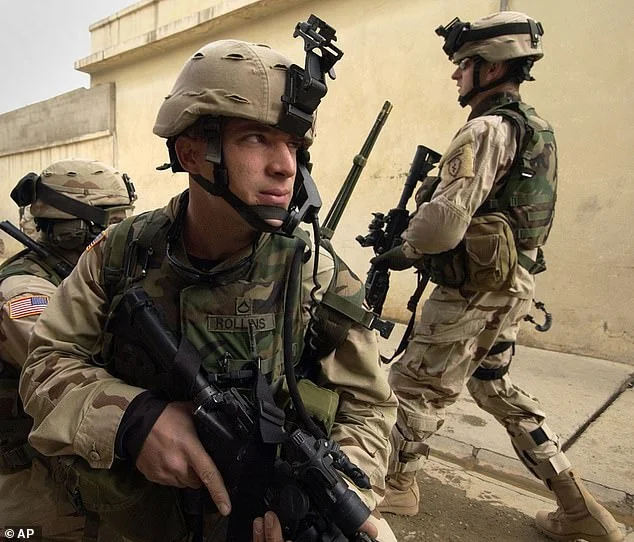One of the most well-known investigations into this discussion arose from the notorious post-Holocaust studies on obedience conducted by American psychologist Stanley Milgram.
As a Jewish researcher, Milgram aimed to explore whether a distinct characteristic among the German populace could elucidate why so many adhered to Hitler’s violent commands.
The outcomes were startling: Given the right conditions, any of us can exhibit blind obedience, regardless of the aggression involved. This is a phenomenon that psychologist Dr. David Shanley is deeply familiar with.
Based in Denver, Shanley has dedicated much of his career to providing mental health support to both civilians and veterans trained to engage in combat.
“Officers force the idea of kill or be killed on their recruits as part of basic training,” he told DailyMail.com.
“And then they end up in these chaotic war zones where it’s just them and the other guy. There is a natural protective instinct that takes over. They don’t debate the morality of battlefield issues.”
Dr. Ryan Fuller, a Psychologist from New York agrees that the action in war zones proves that ‘if they are in a certain situation, they can be deadly.
“I don’t think without the training that the military provides, someone wouldn’t be able to pull the trigger as easily.”

Humans have evolved to prioritize actions that enhance their chances of survival. When faced with a threat, the human body activates the fight or flight response. Signals are dispatched throughout the body to prepare it for survival, either by swiftly fleeing from the danger or by confronting it directly in combat. Research indicates that the flight response tends to be more prevalent in such circumstances, with most individuals opting to avoid the risks associated with engaging in combat.
However, experts informed DailyMail.com that military training, including drills and disciplinary measures, aims to counteract soldiers’ immediate inclination to discard their weapons and flee from the enemy. These training techniques emphasize rapid, instinctual reactions over deliberate, conscious decision-making.
Basic training procedures vary depending on the military branch. In the Army, these protocols typically encompass physical fitness regimens, obstacle courses, combat skills, and weapons proficiency training.
Dr. William Smith, a graduate psychotherapist in Georgia who works with veterans, told DailyMail.com: ‘Some people say that they did very well in basic training, that they were recognized for their leadership skills, that they became a platoon leader, something like that. And then other people will say it was absolutely miserable. Some feel that the way some of the training is conducted is tantamount to emotional abuse.”
While much attention is paid to the catastrophic impact that war zones have on soldiers’ mental health, experts say that many of those who kill in combat actually have relatively little fascination with their actions.
One Vietnam veteran told psychologists that killing others was ‘no big deal’.
“I didn’t feel anything negative at all,” he said. “It was exciting and I couldn’t wait to get out there and do it again. I never really thought about, you know, they trained us great and you go out there and do your training. . . . I don’t feel bad.’
Another former soldier said it was “not that difficult” to kill someone. ‘It It didn’t bother me when I was in that situation,” he said. ‘For us it’s kill or be killed; your friends were murdered. If you’re going to kill me, I’m going to kill you. So for me it was easy. Actually, I don’t feel any guilt about it.’

